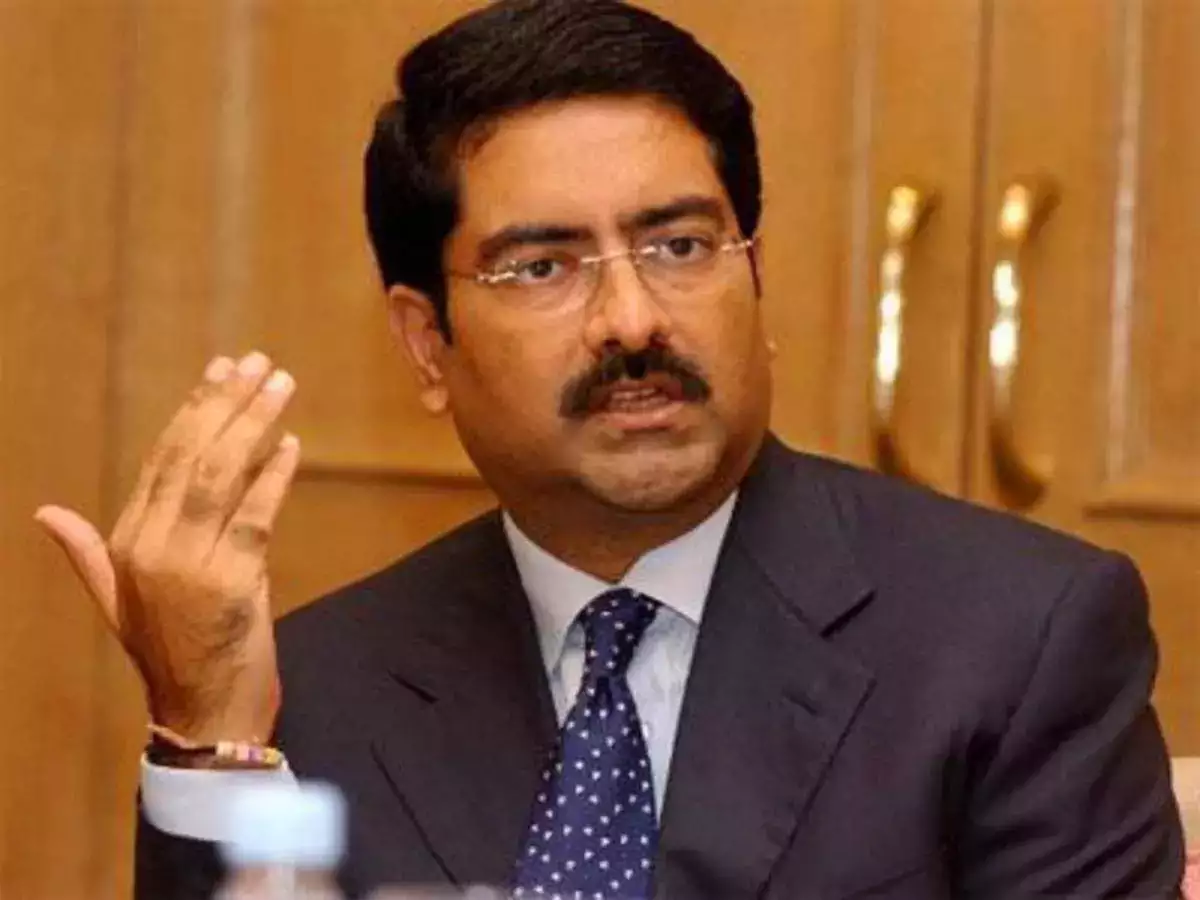NEW DELHI: The potential return of Donald Trump to the U.S. presidency could significantly reshape global geopolitical dynamics, with far-reaching implications for the world economy and businesses, Aditya Birla Group Chairman Kumar Mangalam Birla stated on Monday. He emphasized that the renewed global push for manufacturing marks a welcome shift, fostering greater resilience and diversification in supply chains. India, often underestimated for its industrial potential, is well-positioned to capitalize on this shift, Birla highlighted in his reflections on the 2024-25 period.
“It is evident that in 2025, we will be navigating a U3 world – uncertain, unpredictable, and unorthodox. Importantly, we must embrace this uncertain world rather than struggle against it,” he said.
Birla remarked that this evolving landscape “…could well define the paradox of our age – a world brimming with possibilities yet shadowed by persistent ambiguity.” He noted that while it may appear that social media shapes the new world order, the reality is far more complex and impactful.
He highlighted the influence of the “T factor – The Trump Factor,” stating that it could disproportionately shape the year ahead, influencing economic and business landscapes worldwide. The United States remains the most significant market for the Aditya Birla Group outside India, with over USD 15 billion in investments, including a USD 4 billion greenfield expansion currently underway. “I remain confident that the India-U.S. relationship will continue to strengthen in the coming years,” he added.
Quoting investor Warren Buffett’s famous adage, “Never bet against America,” Birla expressed confidence in the resilience of the U.S. economy. “The dynamism of the U.S. economy is unmatched, and our ongoing investments will contribute to the revitalization of its manufacturing sector,” he noted.
The shift toward manufacturing signals a move toward stronger supply chain resilience and diversification. India is emerging as a key player in this transition, with the migration of Apple’s production ecosystem to India serving as a prime example. Birla predicted that soon, a quarter of the world’s iPhones could be manufactured in India.
India’s automobile sector has also evolved into a global powerhouse, exporting components and vehicles to numerous markets. Equally impressive is the Indian cement industry’s global scale, ranking as the second largest in the world. Birla pointed out that UltraTech Cement, a flagship company of the group, produces over 1.5 times the total cement output of the U.S. and holds a capacity exceeding 80% of Europe’s.
Birla sees this as a testament to India’s growing industrial strength and its emergence as a key player in the global manufacturing renaissance.
Reflecting on broader trends, Birla observed that as the world enters the next phase of the 21st century, a major transformation is underway. While the initial decades were marked by technological advancements and social media democratization, these innovations also led to social fragmentation and polarization.
He expressed optimism that the coming decade could usher in a more profound shift, with technology fostering unity and deeper connections. “The hunger for authenticity and meaningful engagement will drive the next wave of innovation, bridging divides and celebrating shared humanity,” Birla asserted.
He predicted that this desire for connection will extend beyond social media to influence how businesses, governments, and communities interact with individuals. From virtual communities transcending borders to immersive technologies dissolving boundaries, the next phase of connectivity will redefine engagement.
“The next chapter of the 21st century demands vision, clarity, and resolve,” Birla concluded.
For the Aditya Birla Group, 2024 has been a landmark year, marked by significant milestones. The company has launched and scaled multiple high-growth platforms across diverse sectors, including paints, jewelry retail, and B2B e-commerce for building materials, while strengthening its leadership in core sectors such as cement and metals. The group has also revitalized its telecom joint venture and accelerated transformation in its financial services and fashion retail segments.




